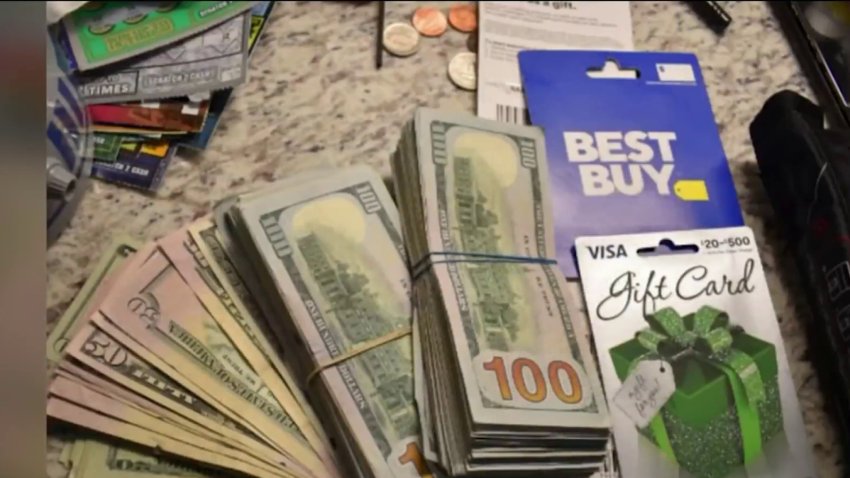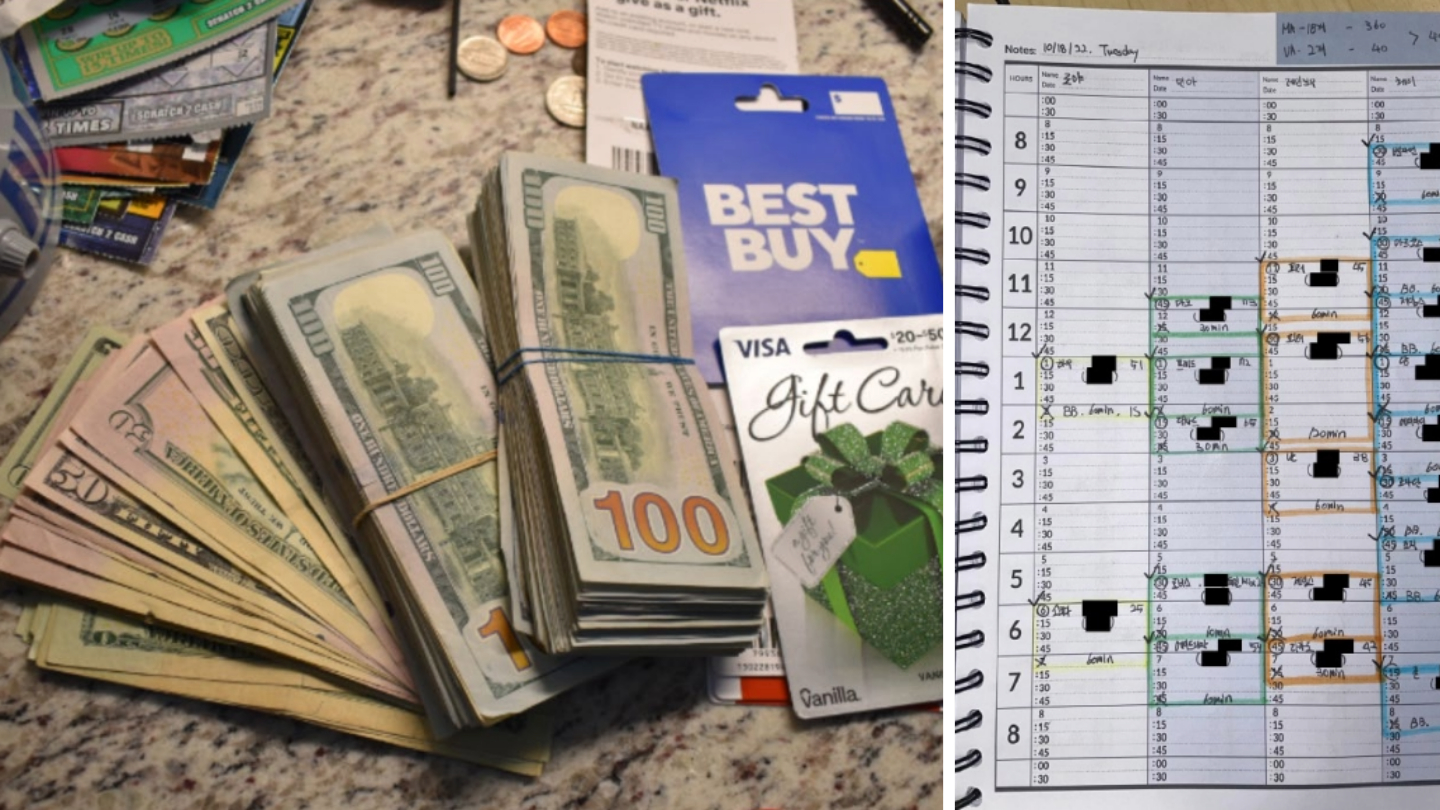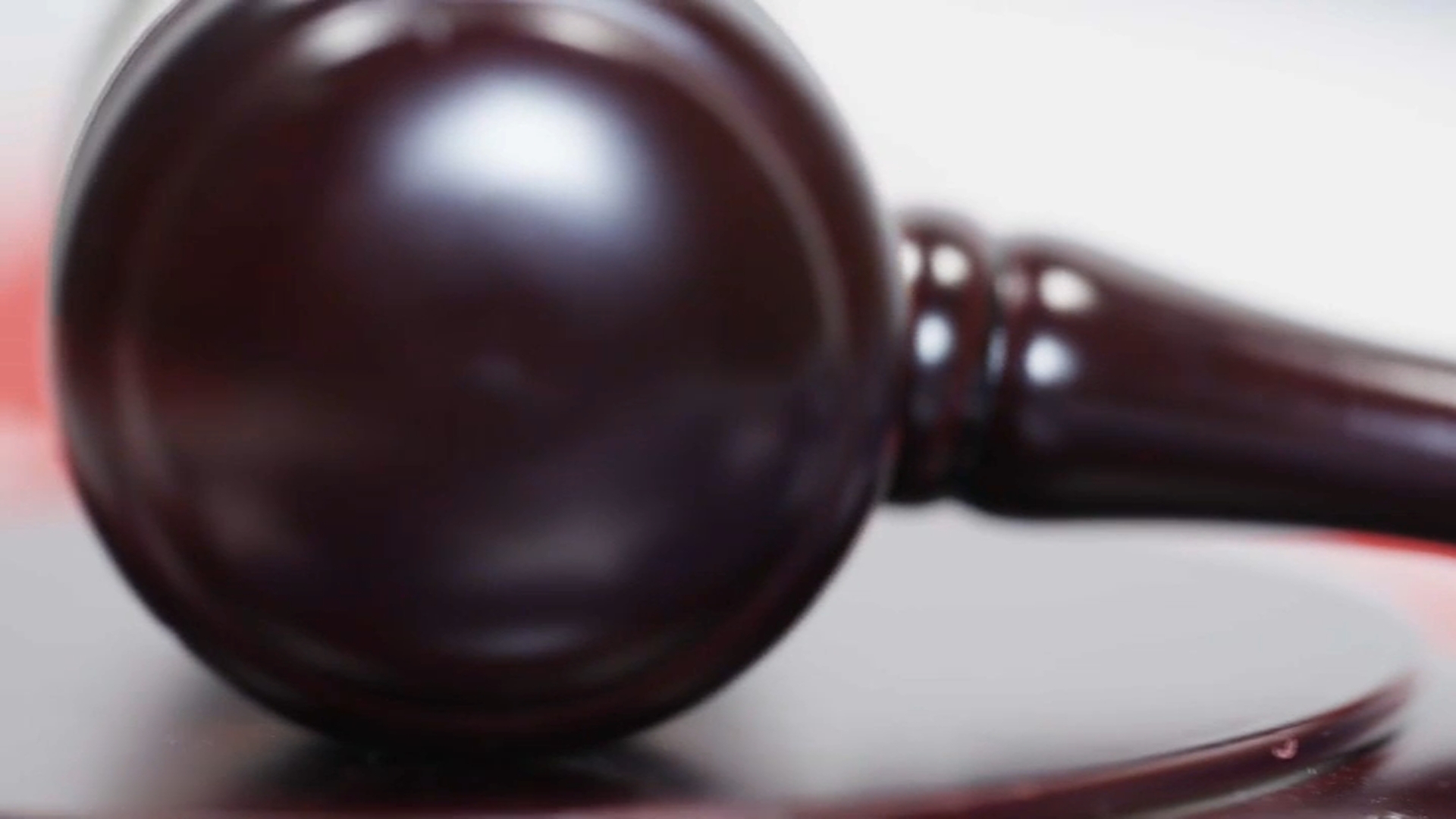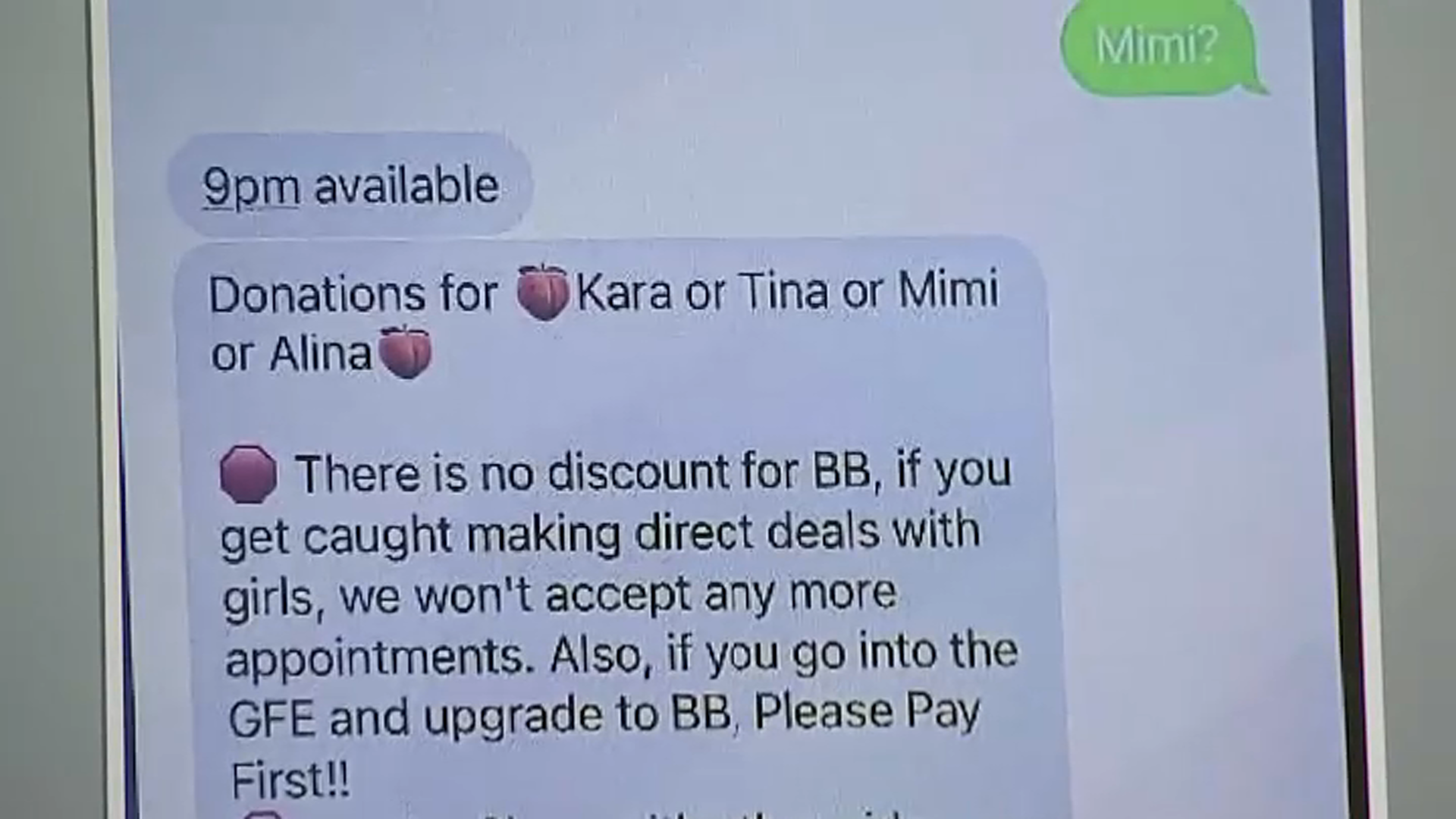The names of dozens of people accused of paying for sex in a high-profile brothel bust have not been released.
Should the names of more than two dozen people accused of paying for sex in a high-profile brothel bust be made public? That's the question at the center of a legal debate playing out in the highest court in Massachusetts.
On Monday, justices of the Supreme Judicial Court listened to arguments on both sides of the issue.
WATCH ANYTIME FOR FREE
Stream NBC10 Boston news for free, 24/7, wherever you are. |
The so-called "show cause hearings" are typically held behind closed doors and only become public if a clerk magistrate determines there is enough probable cause to move forward with criminal charges.
However, several media outlets, including NBC10 Boston, argued the cases should be held in the open because of high public interest and to promote transparency in the process.
Get updates on what's happening in Boston to your inbox. Sign up for our News Headlines newsletter.

The indictment last November of the high-end brothel network in Greater Boston and outside Washington D.C. drew intense public attention when U.S. Attorney Joshua Levy said the clients were wealthy people with powerful connections.
"They are doctors. They are lawyers. They are in the military. They are elected officials," Levy said at a press conference.
So far, the names of the 28 people accused of paying for sex at the brothels have remained a secret.
After NBC10 Boston, WBUR and the Boston Globe pushed to make the hearing open to the public, the Cambridge clerk magistrate agreed last December. However, she denied a request to make the court documents available prior to the proceedings.

Jeffrey Pyle, an attorney representing the media outlets, told justices the decision to keep the hearings open should be upheld.
"What the public perception will be if these hearings are closed is that anybody who is not charged will have done so because they got some kind of preferential treatment behind closed doors," Pyle said.
However, attorneys for some of the "John Does" in the case say their clients are not public officials or people with powerful connections.
Attorney Benjamin Urbelis said the names should remain private unless a clerk magistrate rules there is sufficient evidence for charges to be filed.
"Just like grand jury proceedings, show cause hearings are presumptively private," Urbelis said. "And that's so that the livelihoods and families of those during an investigation aren't ripped apart before there's even probable cause found."
The NBC10 Boston Investigators have successfully argued for the hearings to be open in the past, like the case of Brockton's former police chief, Emanuel Gomes, who faced a negligent driving charge after an NBC10 Boston report exposed a serious crash in his department vehicle.
Have a tip for the NBC10 Investigators? Email us at tips@nbcboston.com.
Gomes eventually admitted to sufficient facts in the case and a judge continued his case without a finding for six months.
Justices with the state's highest court will now balance privacy versus transparency in the high-profile brothel cases.
On Monday, they listened to oral arguments and asked questions, but did not issue a decision. That is expected to happen early next year.
"Sometimes, the individual's privacy interest is overridden by the public interest in matters of public concern that have received this type of notoriety," said Justice Dalila Wendlandt.




